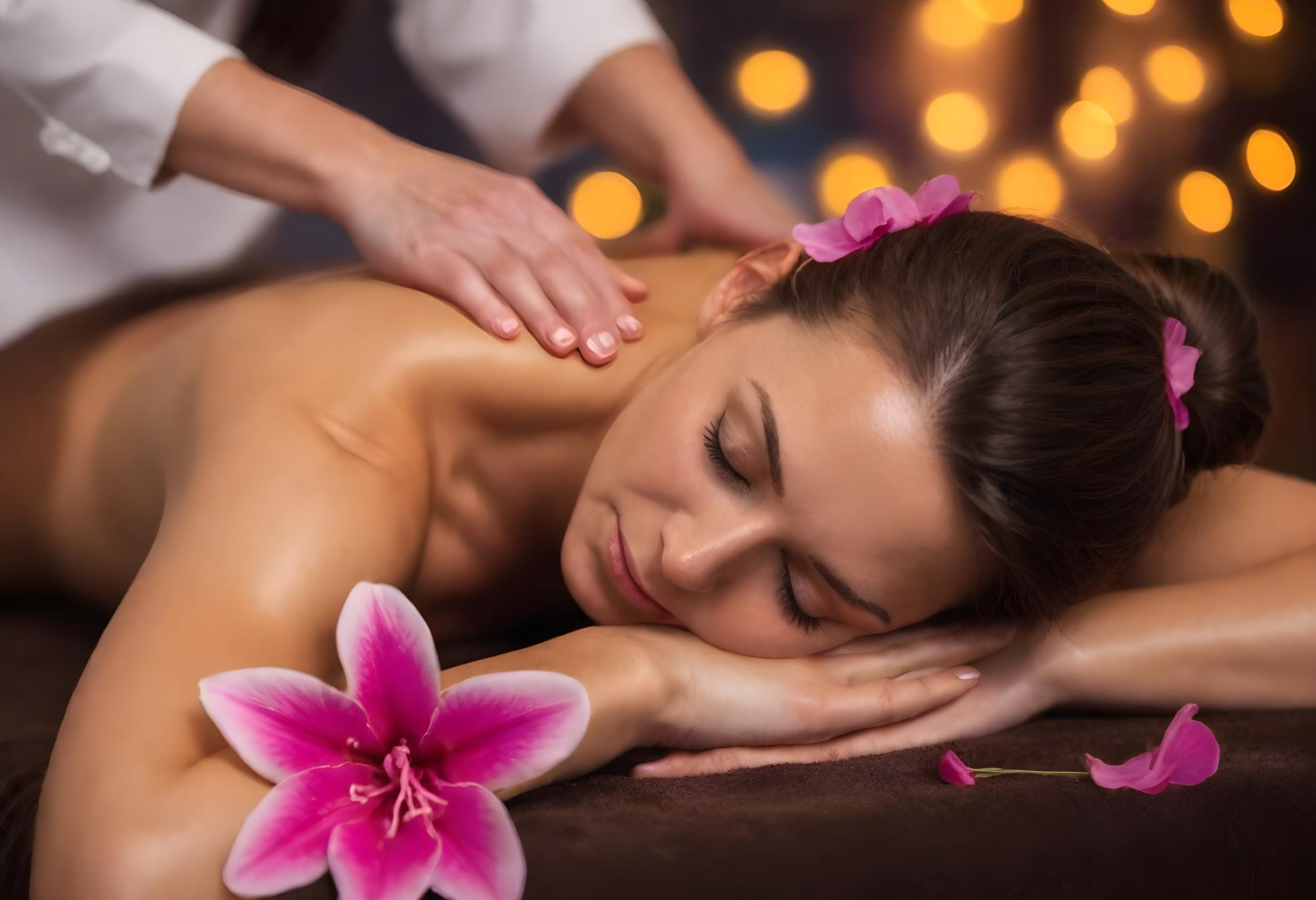Overview: Abhyanga is a traditional Ayurvedic practice that involves a full-body oil massage, known for its numerous health benefits. This therapeutic treatment is an integral part of Ayurveda, focusing on balancing the body, mind, and spirit. The word "Abhyanga" is derived from the Sanskrit term "Abhyanga," meaning "to anoint" or "to massage," and it is often performed using warm herbal oils.
Benefits of Abhyanga:
-
Detoxification: The warm oil used in Abhyanga helps to eliminate toxins (ama) from the body, promoting overall detoxification. The massage stimulates the lymphatic system, enhancing the body’s ability to remove waste and impurities.
-
Improved Circulation: The rhythmic strokes of the massage enhance blood circulation, delivering essential nutrients and oxygen to the tissues. This increased circulation can lead to improved organ function and overall vitality.
-
Nourishment of the Skin: The herbal oils used in Abhyanga are rich in nutrients and antioxidants. They penetrate deep into the skin, providing hydration and nourishment, resulting in a healthy and glowing complexion.
-
Stress Relief: Abhyanga is known for its calming effects on the mind and body. The gentle strokes and warm oil help reduce stress and anxiety, promoting relaxation and emotional well-being.
-
Enhanced Joint and Muscle Health: This massage technique can alleviate muscle tension, stiffness, and joint pain. It is especially beneficial for those suffering from arthritis or chronic pain conditions.
-
Balancing Doshas: In Ayurveda, health is achieved through a balance of the three doshas: Vata, Pitta, and Kapha. Abhyanga helps to balance these energies, promoting overall harmony within the body.
-
Improved Sleep Quality: Regular Abhyanga sessions can enhance sleep quality by calming the nervous system and promoting relaxation, making it easier to fall asleep and stay asleep.
How Abhyanga is Performed:
-
Preparation: The treatment begins with a consultation to determine the individual's dosha and any specific health concerns. Based on this assessment, a suitable herbal oil blend is chosen.
-
Warming the Oil: The selected oil is gently warmed to a comfortable temperature, as warm oil penetrates the skin more effectively and enhances relaxation.
-
Massage Technique: The therapist uses specific strokes and techniques, often following the natural flow of energy in the body. The massage typically starts from the head and moves down to the toes, incorporating long, rhythmic strokes, circular motions, and gentle kneading.
-
Duration: An Abhyanga session usually lasts between 60 to 90 minutes, allowing ample time for deep relaxation and therapeutic effects.
-
Post-Massage Care: After the massage, the recipient is often encouraged to relax for a while, allowing the oil to penetrate the skin further. It is common to recommend a warm shower or bath to wash away excess oil, although some prefer to leave the oil on for an extended period for maximum benefits.

